Got grease in your cooking pans? Well, the first and most commonly followed cleaning hack is to use baking soda to clean away the sticky mess. But, what most of us don’t really know is that baking soda may actually damage the surface instead of cleaning them. Yes, baking soda is undoubtedly a great cleaning agent that is also used for healing ailments, cooking and also in craft designs of your kids, but there are restrictions and it is best if you don’t use it on the following products.
GLASS SURFACES
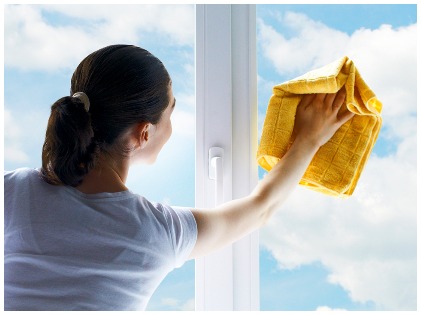
Yes we use baking soda to clean a lot of things! But glass is surely not one of them. Baking soda is by nature a rough cleaning agent and can cause scratched on your mirrors or glass. So, of you want to cleanse your mirror or glass like surfaces, make sure you use vinegar instead of baking soda.
CERAMIC STOVE TOP
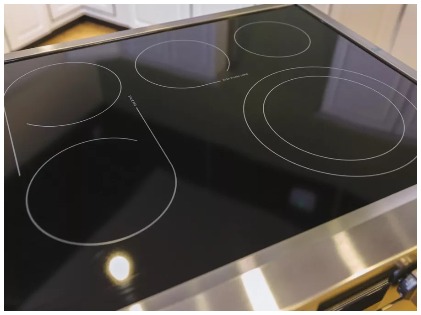
Avoid using baking soda for cleaning any surface that is smooth and has a glass finishing. Baking soda being an abrasive cleaning agent can cause scratches and also leave a thin film of white residue on the surface of your cooktops that is very difficult to remove. However, if you use baking soda to cleanse your ceramic stop top, make sure to use vinegar to get rid of the white residue on it.
MARBLE FLOORS OR KITCHEN COUNTERS
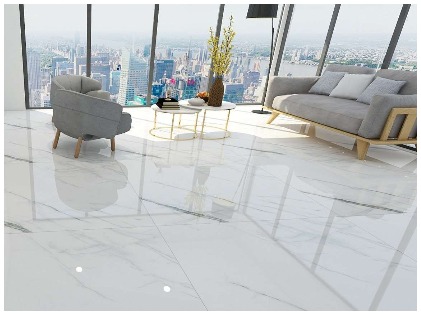
Never use baking soda on your quartz or marble surfaces. Manufacturers warn users to avoid using baking soda on marble surfaces as they have the potential to damage the upper protective layer on the marble stones. They cause scratches on the stones which in the longer run damage the outer layer of marble surfaces, thus reducing their life.
WOODEN FURNITURE
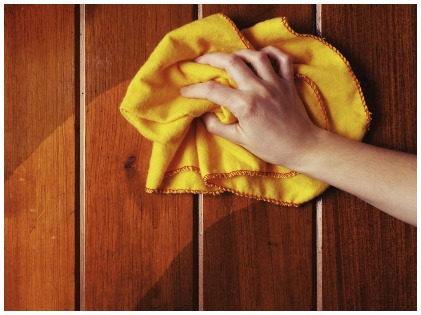
You don’t have to put much effort in cleaning wooden surfaces and furniture. All you need to do is wipe them off with cloth or use a diluted soap mixture. Using baking soda on the wooden surfaces can damage the sealants applied on the wooden furniture. Due to its abrasive cleaning feature, baking soda acts too harshly on wooden furniture, damaging the outer the layer completely.
SILVER WARE
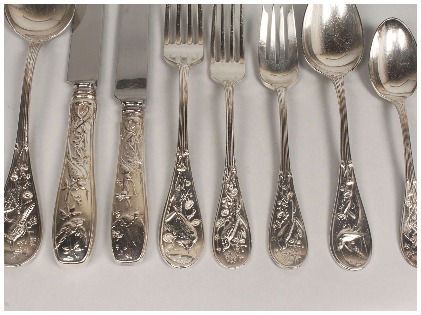
Cleaning silver ware is an easy task, but only if you know how to do it right. Sinking your precious silverware into a water of baking soda may quickly help remove the stains for the time being, but will also damage the surface and cause more tarnish in future. Hence, it is best to take your silver ware to a professional and make sure that your antique silver is thoroughly cleaned and undamaged.
THINGS WITH CRACKS OR DEEP GROVES
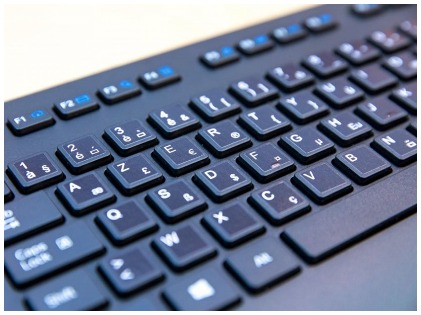
When you use baking soda to clean surfaces, it usually leaves behind a white film of residue after the surface dries. Hence, if you intend to clean surfaces that have groves or cracks, it is best that you avoid the use if baking soda and instead, choose liquid soap water for best results.
ALUMINIUM VESSELS
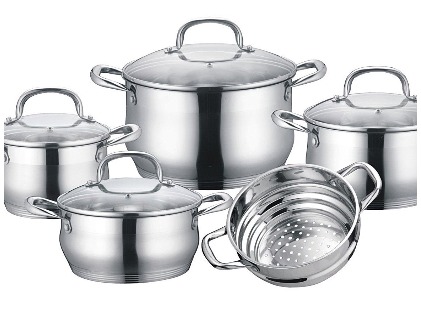
You may have cleaned your pots and vessels a number of times using baking soda! So why is it that we are suggesting no? Well, it is ok to clean your aluminium vessels using baking soda but only if you wash and rinse it with water right after. Never rub and leave your vessels with baking soda for longer durations. Baking soda causes oxidation on your aluminium vessels. So, if you rub and keep the vessel for long, it will only damage your precious utensils. Hence, if you are removing stains and grease using baking soda, make sure that you wash it off instantly.
HAIR AND SKIN
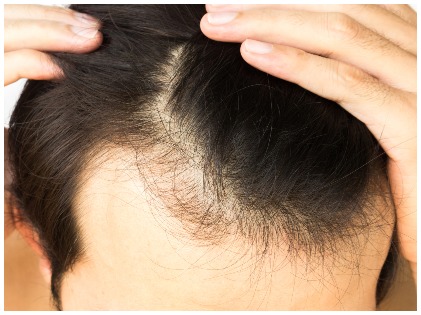
Baking soda can be really harsh on your skin, especially due to its basic pH which contrasts to the acidic pH of our skin. Hence, when you use baking soda or products containing baking soda on your skin, the pH of your skin will neutralize and leave your skin feeling extremely dry and even cracked in places. The effect is similar on your hair. Using products containing baking soda on your hair will only make your hair brittle and dry. Hence, make sure you read the ingredients of your skin care and hair care products from now on!





